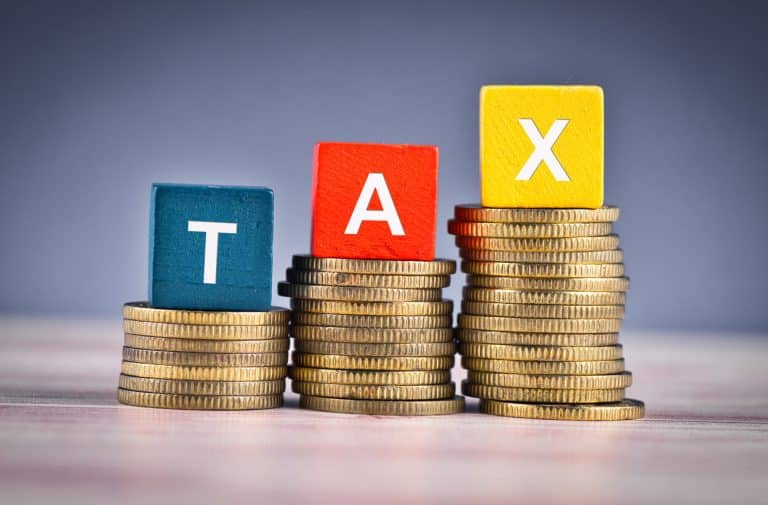Crypto Tax Software CoinTracking Launches Services in the UK to Demystify Tax Code

Digital asset tax solution, CoinTracking has launched its services in the UK providing investors multiple opportunities for tax calculations, and payments as well as keeping tabs on compliance requirements.
A Dec 19 press release shows the roadmap of the firm’s UK operations after recording success in other jurisdictions helping users calculate cryptocurrency taxes and other filings due to authorities.
“CoinTracking Full-Service is now live in the UK to support investors in getting their crypto taxes done in an all-in-one solution. With this new tool, tracking investors’ crypto portfolios, determining gains/losses and income, and generating tax reports has become much easier.”
Per the release, the UK and other jurisdictions have a complex tax code around digital assets based on their nature as profits and income are taxed differently on multiple levels.
CoinTracking comes with a range of solutions that lets investors track taxes in all ranges of accounting methods. The HMRC method of tax reporting is described as a little cumbersome by some users who can save extra hours deploying personalized tax solutions.
Expanding reach and services
According to the statement, users will be offered a wide range of experts in tax accounting to review user accounts and fix issues. The platform which is operational in 25 countries is set to expand global operations after hitting 1.4 million users.
Dario Kachel, the CEO of CoinTracking explained that the service offered by the company will help users avoid defaulting on ever-changing regulations.
“Full-Service was specifically designed to provide personalized help to crypto investors given the nuances and challenges of crypto taxes in the UK, instead of leaving investors at the mercy of changing requirements.”
UK investors can now import their trading data from several virtual asset exchanges, wallets, and decentralized applications (dApps) for tracking on the platform before proceeding to generate a tax reprint.
Authorities clamp down on tax defaults
As regulation mounts in the cryptocurrency industry, tax authorities have rolled out several rules requiring businesses and users to make filings for profits and in some cases on foreign holdings.
These regulations have generated concerns as some commentators on one hand feel these policies may limit user profits to invest in the sector while others see the positives because imposing a tax in the law is some form of regularizing the entire financial system with cryptocurrencies as an asset class.
The UK government has called on cryptocurrency users to voluntarily disclose gains on trading digital assets to avoid tax liabilities. Gains will be paid on private cryptocurrencies like Bitcoin (BTC), Ethereum (ETH), non-fungible tokens (NFTs), and other related assets in the sector.
🇬🇧 Tax Crackdown: UK Authorities Target Crypto Users for Unpaid Taxes
The UK national taxing authority has asked crypto users to disclose any unpaid taxes they might have in order to avoid fines.#CryptoNews #UKhttps://t.co/UVKYghRX3M
— Cryptonews.com (@cryptonews) November 29, 2023
To recover taxes, some authorities have instructed centralized exchanges (CEX) and other parties to make periodic filings.




